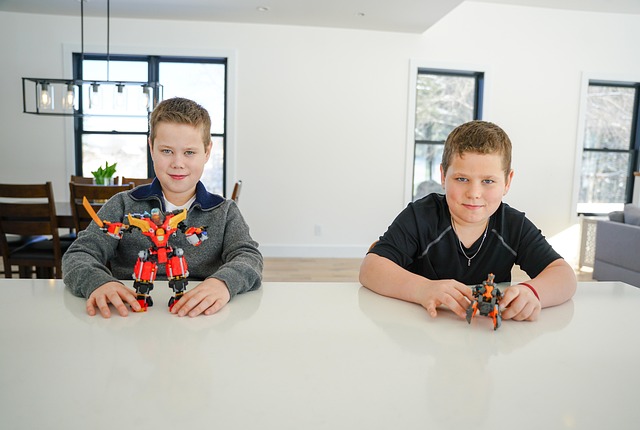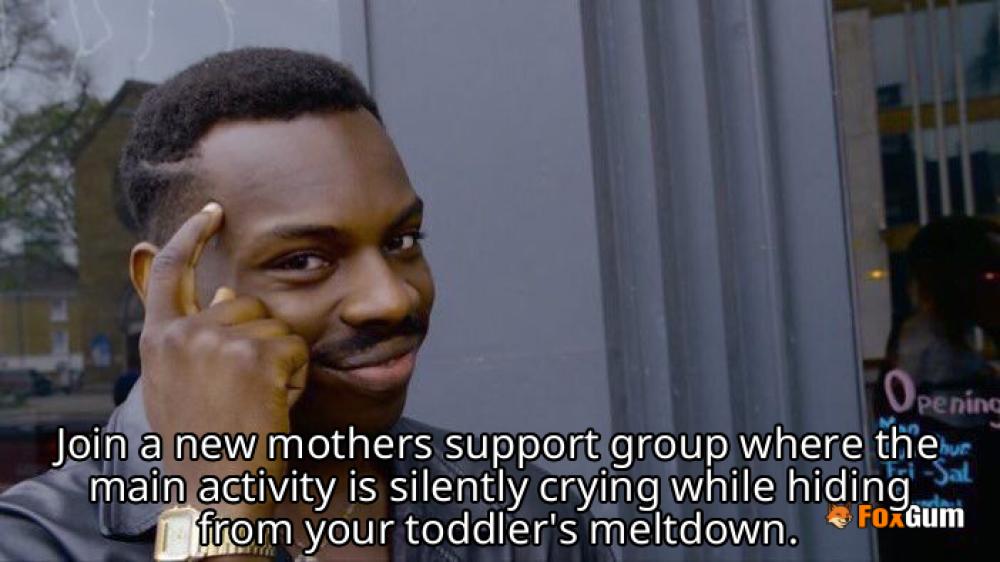
Nesting Behavior in Humans
Nesting behavior is a fascinating phenomenon that many expectant parents experience, particularly during pregnancy. This instinctive drive to prepare a home for a new baby is not just about cleaning and organizing; it’s deeply rooted in biology and psychology.
What is Nesting?
Nesting refers to the strong urge to prepare one’s living space for a new arrival. This behavior often kicks in during the later stages of pregnancy, as parents-to-be feel an overwhelming desire to create a safe and welcoming environment for their newborn. 🏡
The Science Behind Nesting
Research indicates that nesting is influenced by hormonal changes during pregnancy, particularly the increase in estradiol levels in the third trimester. These hormonal shifts are believed to enhance maternal instincts and promote behaviors that facilitate bonding with the baby. Interestingly, this nesting instinct is not universally experienced; it tends to vary from person to person.
Common Nesting Behaviors
During the nesting phase, you might notice several common behaviors:
- Cleaning and Organizing: Many expectant parents feel a strong urge to declutter and clean their homes. This can range from deep cleaning to organizing baby clothes and supplies.
- Shopping for Baby Items: The desire to purchase baby essentials like cribs, diapers, and clothing is often heightened during this period.
- Preparing the Nursery: Setting up a nursery is a significant part of nesting. This includes painting, decorating, and arranging furniture to create a cozy space for the baby.
- Cooking and Freezing Meals: Some parents find joy in preparing meals ahead of time to ease the transition after the baby arrives.
Why is Nesting Important?
Nesting serves several purposes. Firstly, it helps create a secure environment for the newborn, which is crucial for their development. Additionally, it can provide a sense of control and accomplishment for expectant parents, who may feel overwhelmed by the impending changes in their lives.
Tips for Effective Nesting
If you find yourself in the nesting phase, here are some tips to make the most of it:
- Delegate Tasks: Don’t hesitate to ask your partner or family members for help. Sharing the workload can make the process more enjoyable and less stressful.
- Focus on What Matters: Prioritize tasks that are essential for your baby’s arrival. It’s easy to get caught up in minor details, but focus on the big picture.
- Take Breaks: While nesting can be energizing, it’s important to rest. Overexerting yourself can lead to fatigue, so balance activity with relaxation.
- Enjoy the Process: Nesting can be a joyful time. Embrace the experience and take pleasure in preparing for your little one.
Conclusion
Nesting is a natural and instinctive behavior that many expectant parents experience as they prepare for their new arrival. Understanding the science behind it can help parents navigate this unique phase with ease and joy. Remember, it’s all about creating a loving and safe space for your baby. Happy nesting! 🌼




















 Doll Brands Like American Girl
Doll Brands Like American Girl 
 Health
Health  Fitness
Fitness  Lifestyle
Lifestyle  Tech
Tech  Travel
Travel  Food
Food  Education
Education  Parenting
Parenting  Career & Work
Career & Work  Hobbies
Hobbies  Wellness
Wellness  Beauty
Beauty  Cars
Cars  Art
Art  Science
Science  Culture
Culture  Books
Books  Music
Music  Movies
Movies  Gaming
Gaming  Sports
Sports  Nature
Nature  Home & Garden
Home & Garden  Business & Finance
Business & Finance  Relationships
Relationships  Pets
Pets  Shopping
Shopping  Mindset & Inspiration
Mindset & Inspiration  Environment
Environment  Gadgets
Gadgets  Politics
Politics 